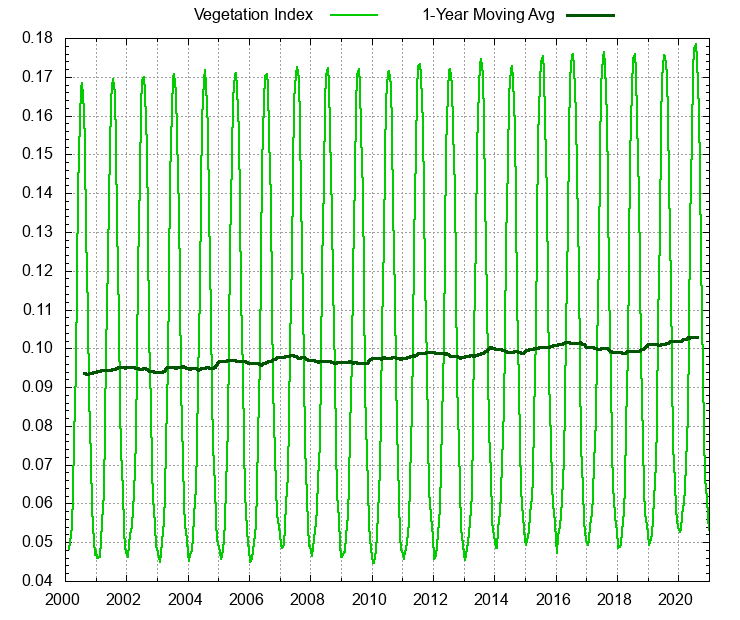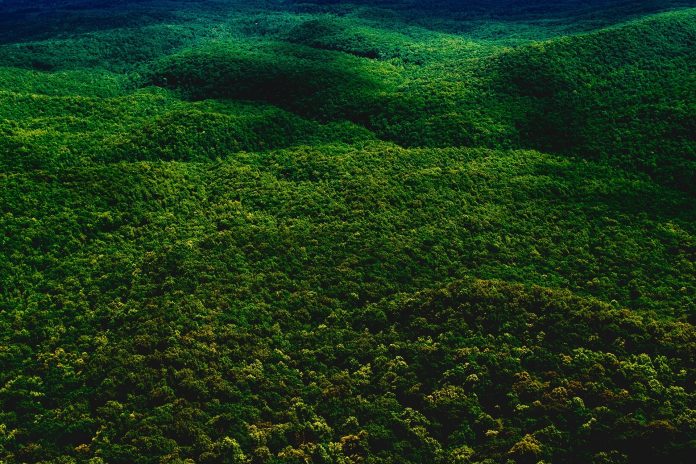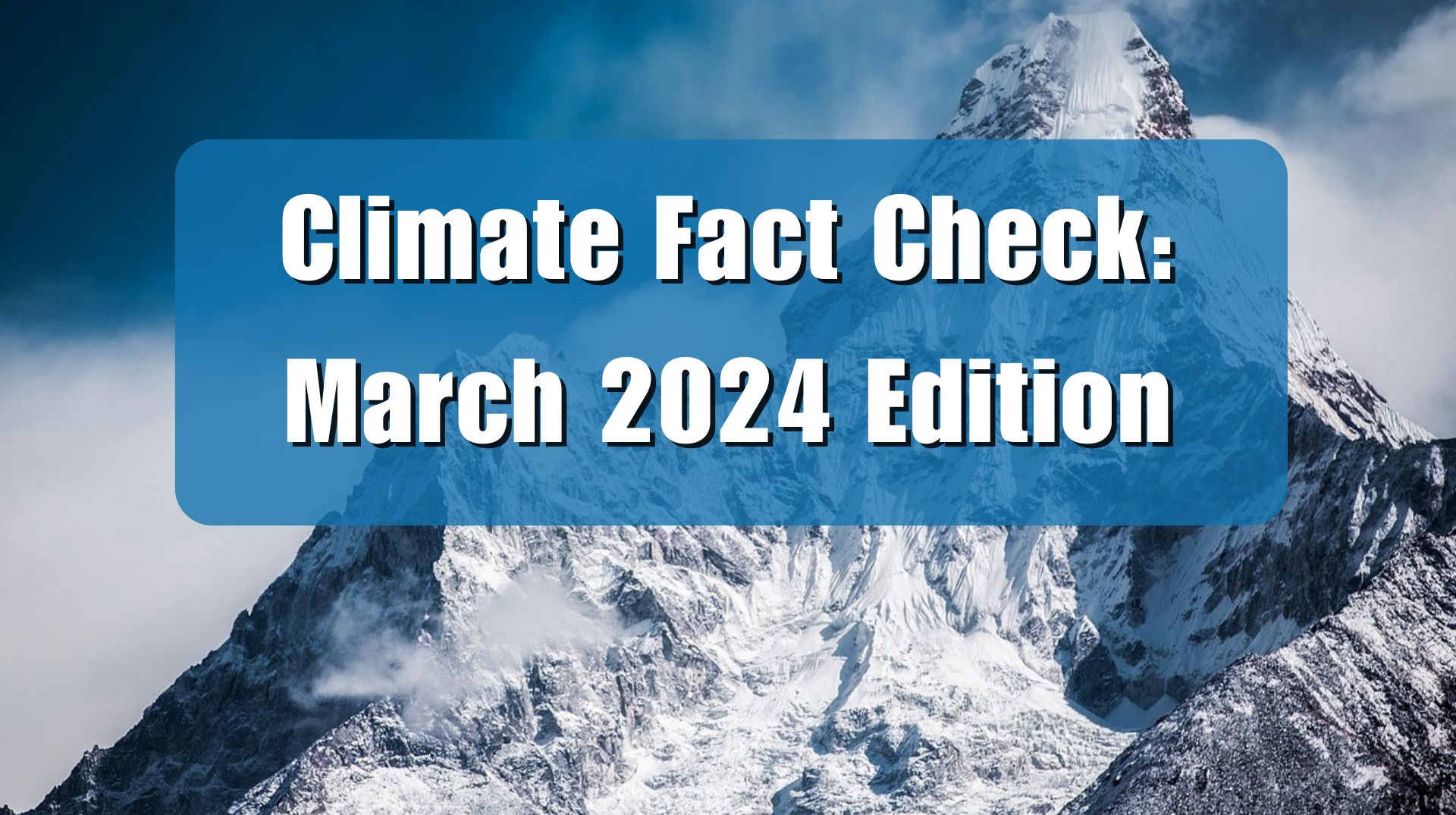A recent article by the BBC reports on a new study from researchers at Ohio State University (OSU) who used historical documents to determine that trees in the region have experienced a nearly month long expansion of their growing season when compared to the 19th century. This is not surprising. Copious amounts of research and hard data show also show that plant life in general is benefitting from additional atmospheric CO2 and modest warming.
The article, “Climate change: trees grow for extra month as planet warms – study,” describes an OSU study, which is partially based on notes taken by an Ohio farmer between 1883 and 1912. The farmer kept detailed records of meteorological data and tree growth on his property from season to season.
The lead author of the study then recorded data from the farmer’s hometown between 2010 and 2014 and compared contemporary hardwood tree growth to the farmer’s notes, coming to the conclusion that leaves stay on the trees 15 percent longer than they did in the 19th century. This equates to about an extra month of growth.
The BBC writes that the “implications of the longer growing period are unknown,” but also that since trees take up carbon dioxide from the atmosphere during photosynthesis, “the researchers said a longer growing period probably meant they did more of that.”
The results of the study should come as no surprise to those who have paid attention to the data on plant growth trends.
According to satellite data from NASA’s Vegetation Index, the Earth’s vegetation cover has increased over the last twenty years. Depending on what statistical analysis method is used, as explained in a Climate Realism post, here, the greening over the past twenty years is between 5 and 10 percent globally. (See Figure below)

In addition, a 2020 study by Harvard et al describes how the present greening trajectory alone will offset 17 years of man-made emissions of carbon dioxide by 2100, and that about 70 percent of post-1980s greening is being caused by carbon dioxide fertilization. Another study found that the Sahara desert has shrunk by about 8 percent over a similar timeframe.
The greening of the Earth is good for human beings and animals, alike. This is especially true in major crop growing regions, where additional CO2 fertilization has contributed to increasing production and yields of important crops, as Climate Realism has shown here, here, and here, among many other posts.
Seemingly unable to end a story about climate change on a positive note, the authors of the BBC story and the researchers caution that “higher, fluctuating temperatures may also stress trees in ways so far unknown.”
The ways are “so far unknown,” because despite more than hundred years of warming, evidence of dangerous stress has not materialized, but the benefits certainly have.
The BBC struggled to generate an alarmist message with this story, because the net impact of additional atmospheric CO2 and modest warming over a long period of time has largely been beneficial to plant life, trees included, not harmful. Available data proves that extended growing seasons have been and will continue to be good for forest growth, as well as vital crop production around the world. The OSU research team and BBC reporters should not try to throw a wet blanket on the findings of this study, which only reinforces what previous research has shown about the benefits of climate change to plant growth.
















